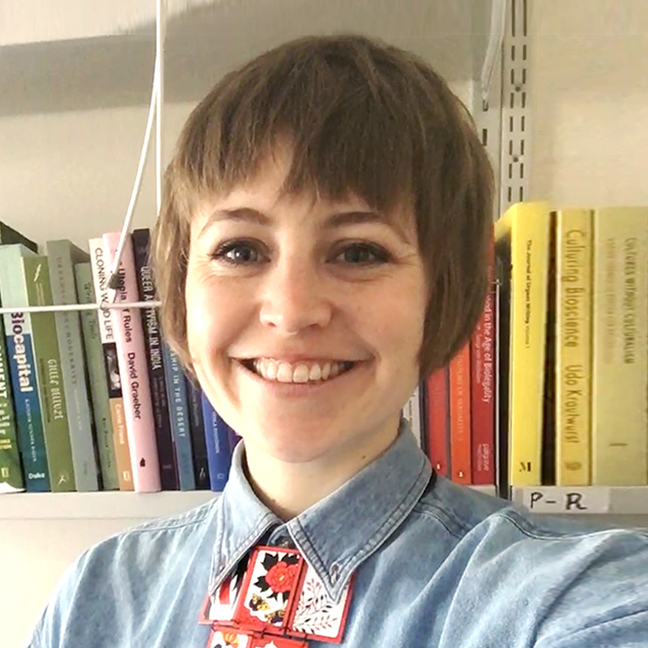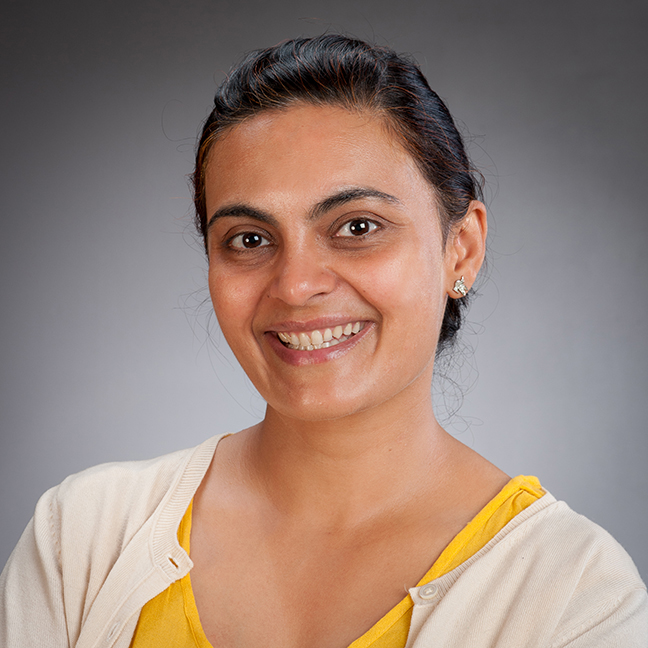Critical Studies of Medicine
Contemporary Medicine, from operating theatre instruments to innovative new drugs, is underpinned by diverse socio-cultural logics.
Critical studies of medicine promote interdisciplinary and critical engagements with health, medicine, and the body, applying robust social science methods to medical settings. This brings together disciplinary perspectives from the social sciences (medical anthropology and sociology) and the humanities. This work often entails ethnographic research alongside other qualitative methods that encourage working with doctors, patients and other stakeholders to produce rich, observational data on the workings of medicine and medical sciences. Writing from these critical positions suggests we view the body as simultaneously shaped by biological and chemical forces, as well as socio-economic and cultural ones.
The School of Science in Society has a team of scholars who are interested in understanding how we think about and engage with the medical sciences, to make them work better for practitioners and patients alike. This critical engagement with medical sciences and technologies allows us to envision better medical futures, and a medical field that is responsive to the needs of changing societies.
For example, Nayantara Sheoran Appleton traces the impact of transnational pharmaceutical cultures (global markets, research versus promotional funding, media promotions, etc) on medical practices and medicine. She also highlights how medicines’ focus on population science allows us to critically engage with demography as a science that has shaped medical interventions and medicine. Her research allows for an examination of a societal shift in human-technology-medicine relations.
She is also examining the relationship between indigenous and immigrant communities as they interact with medicine and medical establishments while researching the Social Lives of Sex Hormones.
Courtney Addison’s research spans the ethics and politics of human gene therapy, how people found and interpreted information about Covid-19, and pharmacists as key mediators of medical knowledge. Courtney’s gene therapy work asks how insights generated in the laboratory make their way into hospitals and patients’ bodies. Achieving this ‘translation’ involves orchestrating the technical, social, and economic aspects of experimental medicine, highlighting how science is always a deeply social undertaking.
You can read articles from their respective research here:
- Unsettling the (presumed) settled: Contents and Discontents of Contraception in Aotearoa New Zealand
- Critical ethnographic respect: womens’ narratives, material conditions, and emergency contraception in India
- Critical engagements on Making Kin not Population: An epistolary review essay
- Spliced: Boundary-work and the establishment of human gene therapy
- Bench, bedside, boardroom: negotiating translational gene therapy
For more information, please contact:


